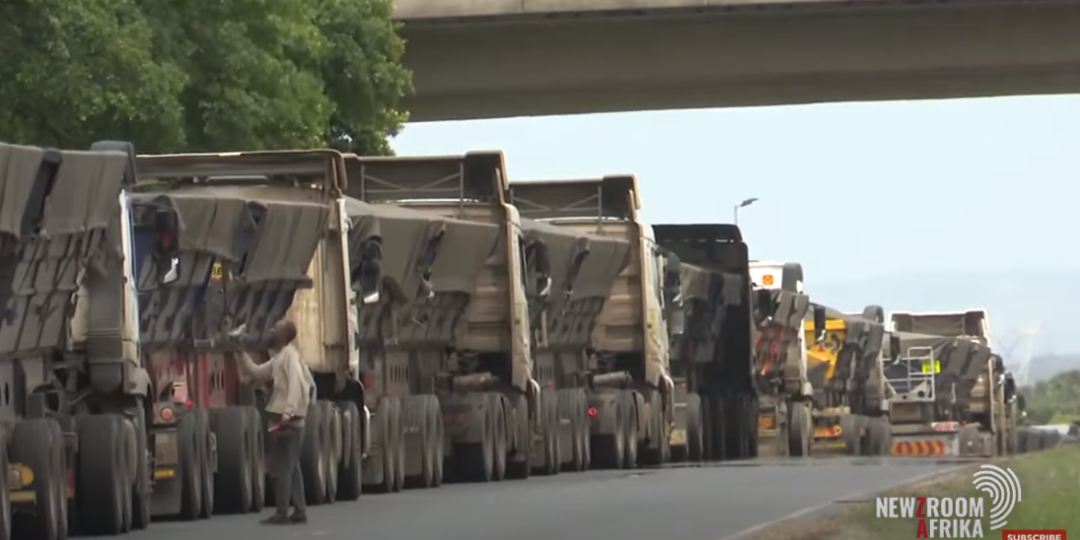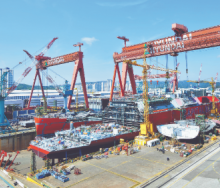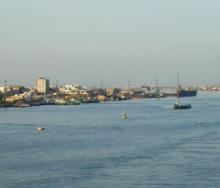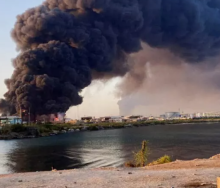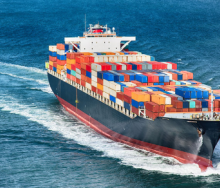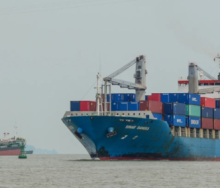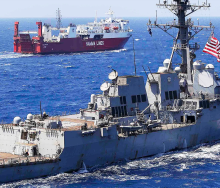The City of uMhlathuze Municipality in Richards Bay is taking the government and Transnet to court over its alleged failure to maintain rail infrastructure, which has resulted in severe congestion of trucks transporting cargo, particularly coal, to the port.
The municipality’s mayor, Xolani Ngwezi, described the situation as a crisis and called for immediate action, accusing both the government and Transnet of failing to fulfil their obligations.
“The problem has been ongoing for at least two to three years,” Ngwezi pointed out. ”We have a tripartite agreement with the port, the Industrial Development Zone (IDZ) and the city, but it seems to be ineffective. The problem only exists in our budget,” he said.
In its response, Richards Bay Terminals (RCB) has threatened an immediate freeze of all road transport vehicles that are bringing cargo into the Port of Richards Bay, as part of its attempt to solve the gridlock of mainly coal trucks trying to enter the port to offload export coal.
In a statement, the managing executive of RCB, Thulasizwe Dlamini, said the threat of legal action against the port authorities by the City of uMhlathuze municipality to compel Transnet to solve the truck problem had given RCB no choice.
The delivery freeze is to try to obviate the need for the “makeshift” truck staging area for trucks on the N2, which has placed strain on local law enforcement agencies. These trucks are destined for back-of-port stockpiles (legal and illegal), harbour industries (local factories) and port-bound traffic for port terminals (including private operators).
Not only is staging of trucks on the N2 a safety hazard for road users, but the city’s law enforcement personnel have also been stretched and their focus has shifted completely from their core duties to controlling truck traffic on the N2.
“To circumvent the negative backlash that will emanate from the legal actions instituted against Transnet Port Terminals (TPT), the terminal operator is left with no choice but to immediately freeze all vessel nominations for vessels that bring in cargo via road transport,” the statement read. This followed a meeting on Tuesday last week when the municipality notified them of its intention to institute legal proceedings.
However, the statement read, industry may propose a better traffic management solution that could create order and completely eliminate the staging of trucks on the N2 almost immediately. It must be a solution that ensures the safety of coal users and does not require the deployment of enforcement personnel to manage the trucks on the N2.
This has also come with a huge overtime bill for the city.
“In our last engagement with the city manager on Tuesday 15th November, they advised us that the city was instituting legal action.
“This happens at a time when the terminal operator is grappling with traffic congestion and the terminal’s poor traffic management system as a mechanism to create order. However, the solution does not include trucks destined for back-of-port facilities. Consequently, even when trucks have been booked, the tempo at which the trucks arrive at the port gates at a particular time of day sometimes far exceeds the tempo at which trucks can be processed at the permit offices, as well as at the terminal stockpiles. This leads to a build-up of trucks outside the port gates, on surrounding roads and on the N2,” the statement concluded.
An urgent meeting has been set up for affected stakeholders for Tuesday, November 21, at the Port of Richards Bay to engage further on the matter and finalise viable solutions.
